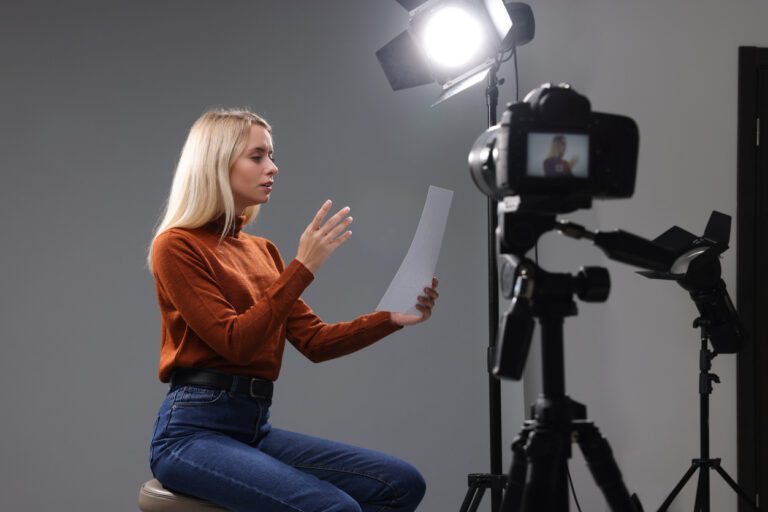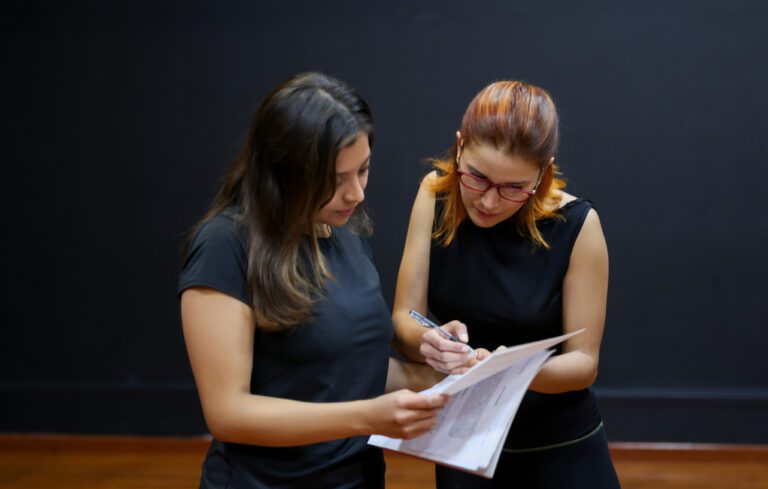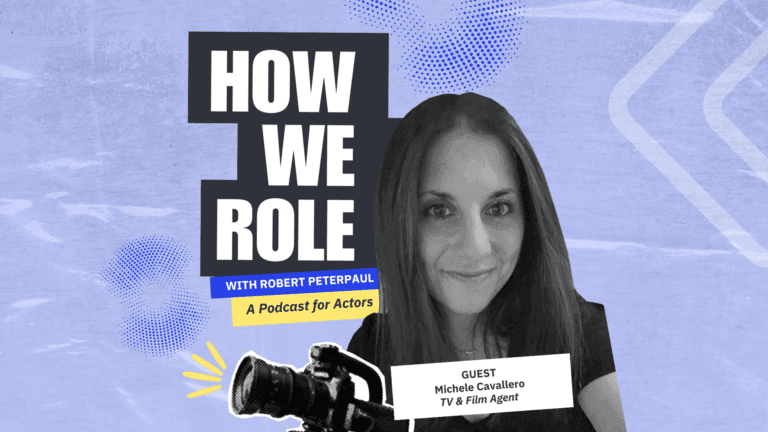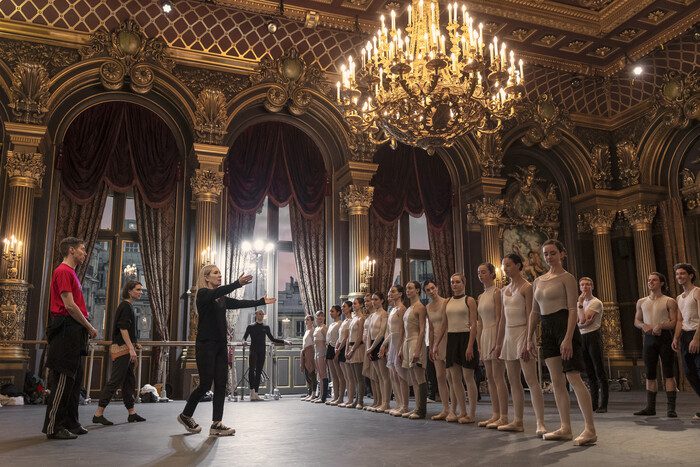Today, actors typically submit self tapes as their first audition. Self tape mastery is key, regardless of your experience level. To catch a casting director’s eye among countless submissions, your audition tape needs to be outstanding. We gathered advice from top casting professionals to help you create your best self tapes and book the job.
Insights: Quick Tips for Great Self Tapes
- Strong self tapes start with clear video, crisp sound and a distraction-free background to keep the focus on your performance.
- Casting directors prefer a few well-prepared, authentic takes over multiple rushed ones—quality always wins.
- Following instructions precisely and submitting early shows professionalism and increases your chances of being seen.
1. Prioritize Presentation
First impressions matter. These self tape tips on presentation are crucial. As casting director Nancy McBride puts it, “You’ve got one shot… if they turn on that video and you don’t look good, they’re only going to give you three seconds.”
Invest in the basics: clear video, crisp sound, and good lighting. A simple three-point lighting setup can go a long way. For the background, opt for soft blues or grays—and minimize clutter.
2. Keep It Simple and Clean
According to casting director Rita Harrell, “Stick with a blank background. This keeps the focus on the acting.” Avoid busy or distracting elements in your frame. You want the casting director’s attention on your performance.
3. Preparation Is Everything
Walk into your self tape ready to perform. Commit the script to memory and take the time to grasp character and scene dynamics. You should aim to complete your tape within 30 minutes. This keeps your performance fresh and focused.
Thinking about joining Casting Networks? Sign up for a free trial today!
4. Embrace the Tech
You need some technical know-how to make a self tape these days. Follow this self tape advice on tech: use a tripod for stability, an external mic if possible and a remote to start and stop your video smoothly. Familiarize yourself with your setup ahead of time to minimize stress.
5. Submit Early
Don’t wait until the last minute. This casting director advice is simple: early submissions show professionalism and increase the chances of your tape being seen. As Laurie Records reminds actors, “Just do the best you can do… and get it done!”
6. Nail the Slate
Your slate is part of your first impression. Keep it simple and authentic, but don’t overlook or overthink it. Make sure your tone aligns with the character and project.
7. Focus on Performance, Not Production
Fancy edits and flashy graphics won’t land you the role—your performance will. Casting directors consistently stress that it’s your acting that counts.
8. Read the Instructions (Twice)
Every audition comes with specific guidelines. Following them precisely is vital self tape advice. Whether it’s framing, wardrobe, or naming your file, attention to detail shows that you’re professional and respectful of the process.
9. Quality Over Quantity
Submit only your strongest takes—two to three at most. Casting directors prefer a few confident, compelling performances over multiple average ones.
10. Use a Live Reader
Avoid using a recording of yourself as your scene partner. One casting director noted, “It feels less about the performance versus getting their lines in between the recorded lines.” A live reader, even virtually, brings out a more natural and connected performance.
11. Pace and Presence
Be mindful of how you deliver your lines. Rushing through dialogue flattens emotion. Find a natural rhythm that gives your performance the life it needs.
12. Communicate Professionally
If you’re represented by an agent or manager, let them handle communication with casting. This casting director advice on professionalism is key: avoid reaching out directly to casting directors with questions or updates. It’s unprofessional and can work against you.
13. Know the Bigger Picture
Strong actors don’t just understand their lines—they understand the entire scene. Knowing the context allows you to respond authentically and adds depth to your performance.
14. Enjoy the Process
Casting directors can spot when an actor enjoys the work. Enthusiasm and authenticity are contagious. As stressful as self tapes can be, approach them with curiosity and creativity—and remember to have fun. It shows.
Final Thoughts
Self taping is no longer a workaround—it’s the industry norm. As casting director Annie Murtagh-Monks notes, “It has opened up opportunities for more actors to be considered for roles.”
By consistently applying these self tape tips and listening to casting director advice, you can stand out. The playing field is bigger, but your success still hinges on professionalism, preparation, and presence.
Every audition is a chance to show who you are and what you bring to the table.
You may also like:













